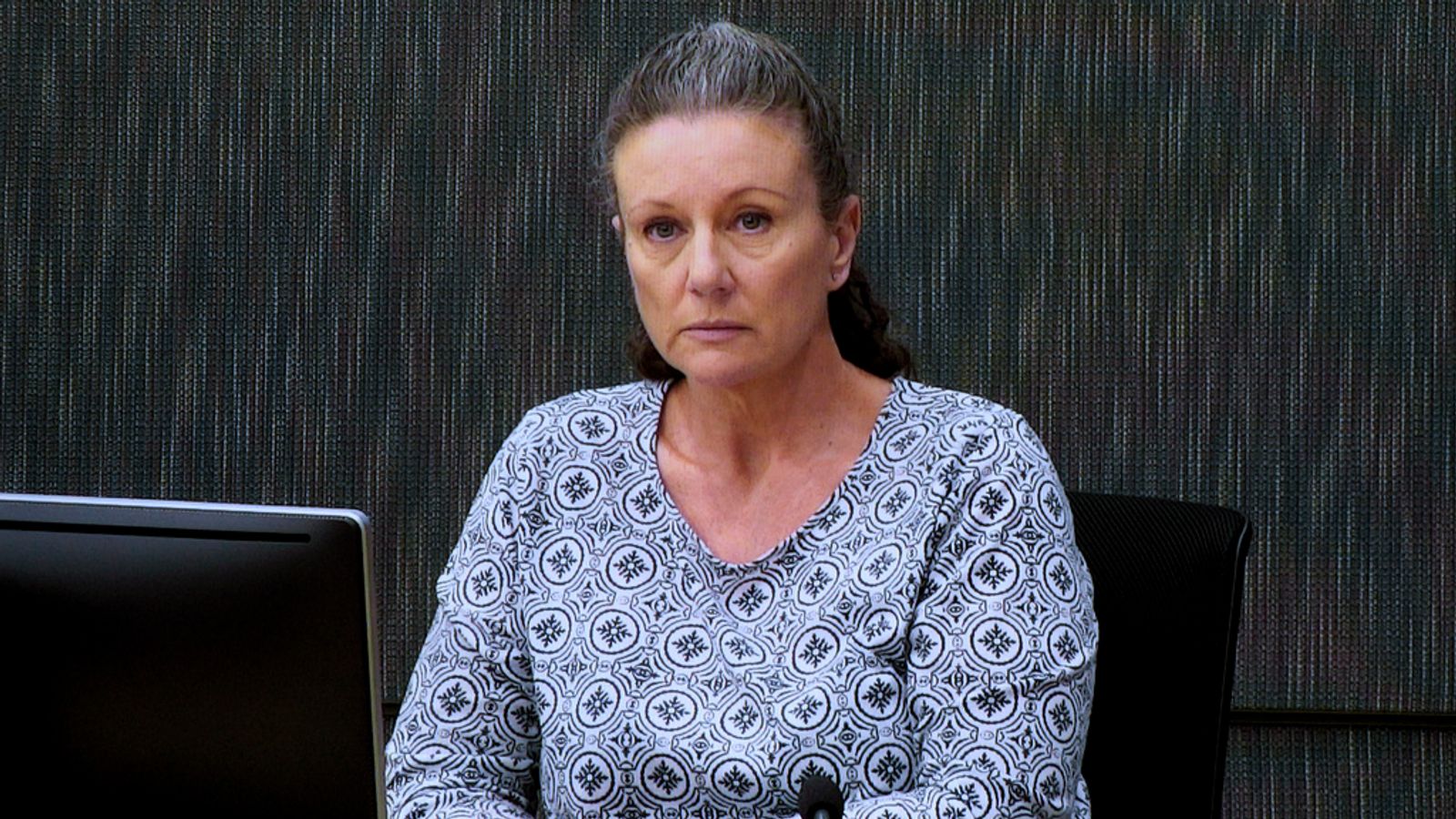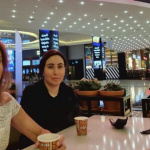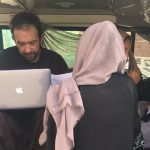The Australian mother jailed for 20 years over the deaths of her four children says her release is a major victory for “science and especially truth”.
Kathleen Folbigg was convicted in Australia in 2003 of the manslaughter of her son and the murders of three of her children. The four died separately over the course of a decade, aged between 19 days and 19 months old.
She was released on Monday after a judicial review found there was reasonable doubt about her original convictions, leading to a pardon.
Ms Folbigg spent her first night of freedom eating pizza and drinking coffee liqueur with her friend Tracy Chapman.
“She slept for the first time in a real bed, she has made a cup of tea with a real crockery cup and real spoons to stir with, which sounds probably pretty basic to you all, but she’s grateful. Decent tea, you know, real milk,” Ms Chapman said in a televised news conference.
“She said it was the first time she’s been able to sleep properly in 20 years, even though it was brief last night.”
In a video message, Ms Folbigg said she was “extremely humbled and extremely grateful” for the pardon.
“I have forever and will always, think of my children, grieve for my children, and I miss them and love them terribly,” she added.
Be the first to get Breaking News
Install the Sky News app for free
Ms Folbigg, now 55, had always maintained her innocence and insisted her children died of natural causes.
Evidence came to light in 2018 that two of her daughters carried a rare CALM2 genetic variant, sparking an inquiry into her convictions.
It found no grounds for reasonable doubt but a second inquiry, launched in 2022, provided fresh evidence that suggested the girls’ deaths were caused by a genetic condition.
The condition, now known to be called calmodulinopathy, has led to Ms Folbigg being pardoned.
Read more:
Daughters may have died due to ‘incredibly rare’ genetic mutation
Scientists call for convicted child killer Kathleen Folbigg to be pardoned
Ms Folbigg is staying at Ms Chapman’s farm after her release.
Ms Chapman said her friend was mesmerised by the new technology that had emerged since she was jailed, including iPhones and smart TVs.
“She has watched it in awe. Even the television, she was going, ‘Oh, my god, look at the television, it’s got so many capabilities!’ … She said she’ll be watching some binge TV.”
The pardon allowed her to walk free but does not quash her convictions. That will require a ruling from the Court of Appeal.
If quashed, Ms Folbigg would be eligible to sue the New South Wales state government for compensation.






















